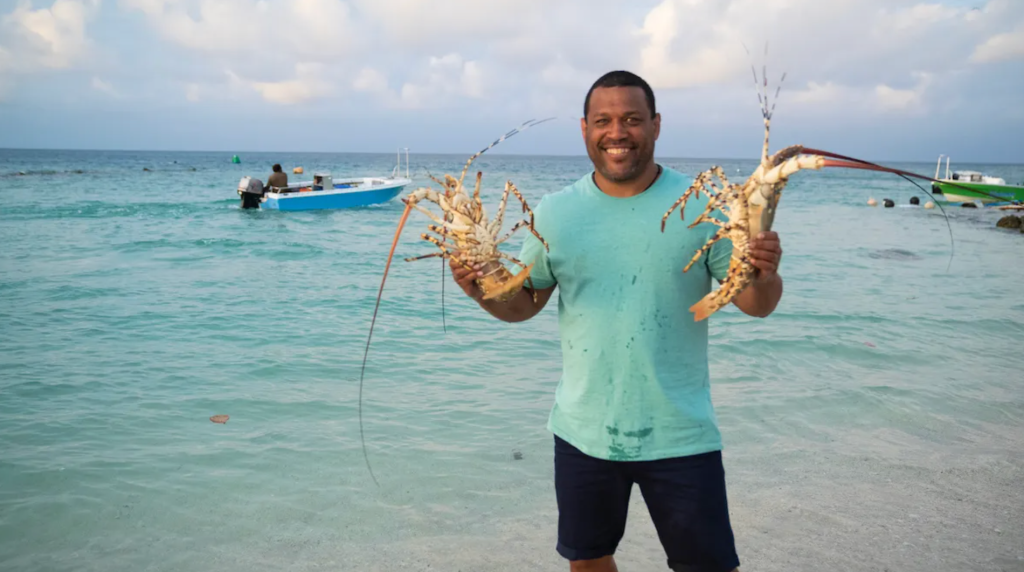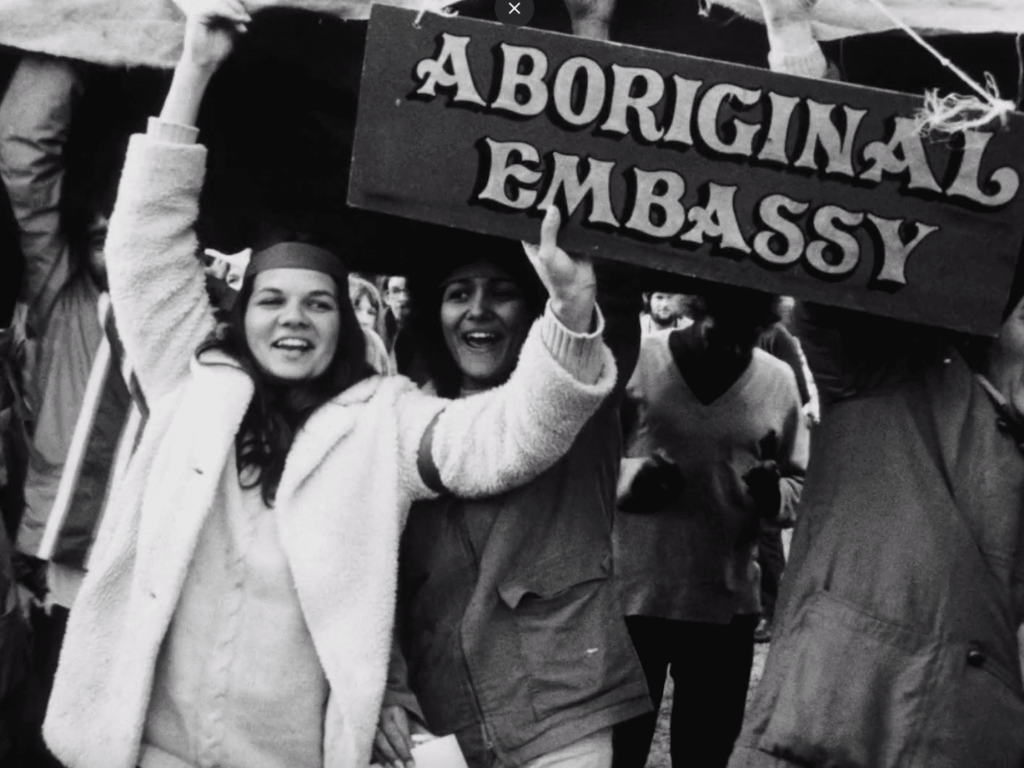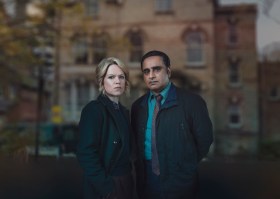Picture this: a Friday evening after a day of barbies and swimming. You head to The Sydney Opera House forecourt (or sit at home watching the live coverage on the ABC) to enjoy a few select Australian artists performing as the nation celebrates its day. The people join in unity celebrating the things that make this nation great.
Except, even with Indigenous artists such as William Barton and the Muggera dancers performing, the truth remains that 26 January is a contentious date.
Historically a day of mourning for Indigenous people, commiserating arrival and all the negative things that was brung (like genocide, for example), in the 90s it was decided that this was the perfect date for the people of so-called Australia to come together in harmony.
Sure, this date brings a lot of joy and unity to some: those unaware of the day-to-day challenges and impacts a colony brings, those unaware of the systemic impacts that racism and its structures and systems have on someone’s mind, body and soul.
But while folk gather in the SOH forecourt (and living rooms) as ferries go by named after the First Fleet, the First Nations people of this continent couldn’t possibly feel more removed or less unified in this nation given its history.
A history of mistreatment
Australia has a track record of mistreating Aboriginal and Torres Strait Islander histories. The attempt for assimilation, along with forced removals, compelled people to give up their languages, their names and their families, preventing them from learning or taking part in their cultures. The destruction of land and artefacts, alongside distrust, has also been used to erase the cultures of Aboriginal and Torres Strait Islander peoples on this continent.
This track record can be seen still playing out in the TV Guide as the majority of free-to-air stations ignore the history of that date and this country and instead cover the concert and broadcast films like Red Dog.
The ABC in the past has been a station that champions people – with Instagram accounts specifically for Queer and Indigenous programming, coverage of Mardi Gras, a range of shows with Blak audiences and stars, like Black Comedy and Redfern Now. But it can’t help but feel like the recent trend of journalists of colour leaving or being fired from the ABC (including those such as Antionette Lattouf who described the organisation as being ‘currently an unsafe workplace for journalists who are people of colour’), coupled with the hosting of this concert, is alienating more people than those that will be in attendance.
It’s quick to note that despite the coverage ANZAC day – another day of mourning and commiseration – receives for its marches and dawn services, Invasion Day doesn’t get the same treatment. The only morning service covered on free-to-air TV will be the WugulOra Morning Ceremony, at 7:30am on NITV.
No other coverage.
Simply put, most free-to-air channels in Australia have picked their stance and are sticking with it, despite the turmoil and upset it causes.
Conversely, SBS and NITV are spending the day dedicating their programming to First Nations stories, with films like the joyous Top End Wedding (2019) and the true and haunting Rabbit-Proof Fence (2002), and coverage of 2023 events like Dance Rites and Garma and the Elder in Residence Oration.
For most of the day, NITV will be playing Songs of Solidarity, a program highlighting First Nations artistry and music in a space made for and by them, unlike the SOH forecourt.
Their coverage also includes Living Blak, Sing about this Country and Strait to the Plate, a show about cuisine from the Zenadth Kes/ Torres Strait Islands.

There’s a wide range of topics, from the Blak joy experienced in Top End Wedding, the exploration of cultural dishes, celebrating the music and artistry of First Nation artists and getting into the nitty-gritty of it all with Living Blak. Regardless of what your favourite genre is, NITV and SBS will have something of interest that is covering and celebrating First Nations survival rather than the programming that celebrates the invasion and genocides.
The most interesting and groundbreaking program of the entire day airs on NITV at 1:10pm.
Ningla A-na (1972) is ‘the only film to focus on the tent embassy and is an historic document, integral to comprehension of the Aboriginal political struggle’. It’s wild (but somewhat unsurprising) that it’s the only documentary covering this topic.
Unsurprising because, as mentioned before, Australia doesn’t want to address or even recognise its brutal, violent and foul history and so our stories are relegated to the channel made for us by us and are so rarely covered, that one of the most important elements of Aboriginal political history is only explored in one documentary.

Ningla A-na. Image: Noel Hazard/Smart Street Films.
Tent embassies have been an integral part of the Aboriginal history and fights in the political arena, with the main tent embassy being on Nunnawal and Ngambri Country on the lawn of Old Parliament House.
This year’s NAIDOC theme references the motto ‘Keep the Fire Burning’ which has been used to reference the eternal flames at tent embassies, and that these spaces and our drive for change in this Country puts a fire in our bellies.
Read: Ningla-A’na doco gets new cinema release for 50th anniversary
This is the type of programming and history that those who celebrate, organise and are involved with events like the Australia Day Live concert either don’t care or know about – a history purposely obscured from mainstream media so that Australia doesn’t have to address its history, make change or confront the violence behind its national day.
The programming that allows a Friday Night with the boys sinking beers rather than standing for what is right and fighting for the dismantling of a violent and oppressive colony.
Happy Australia Day.





